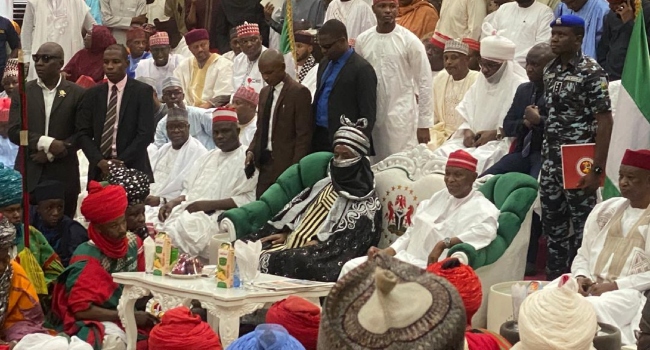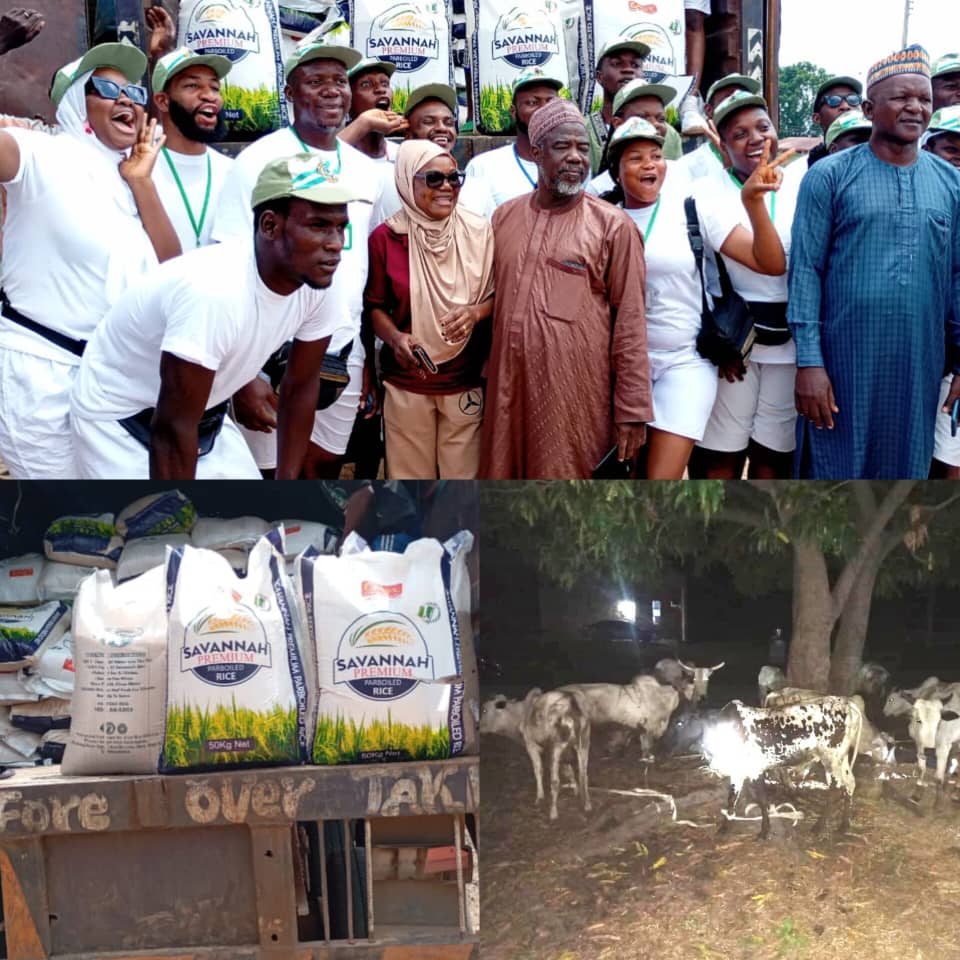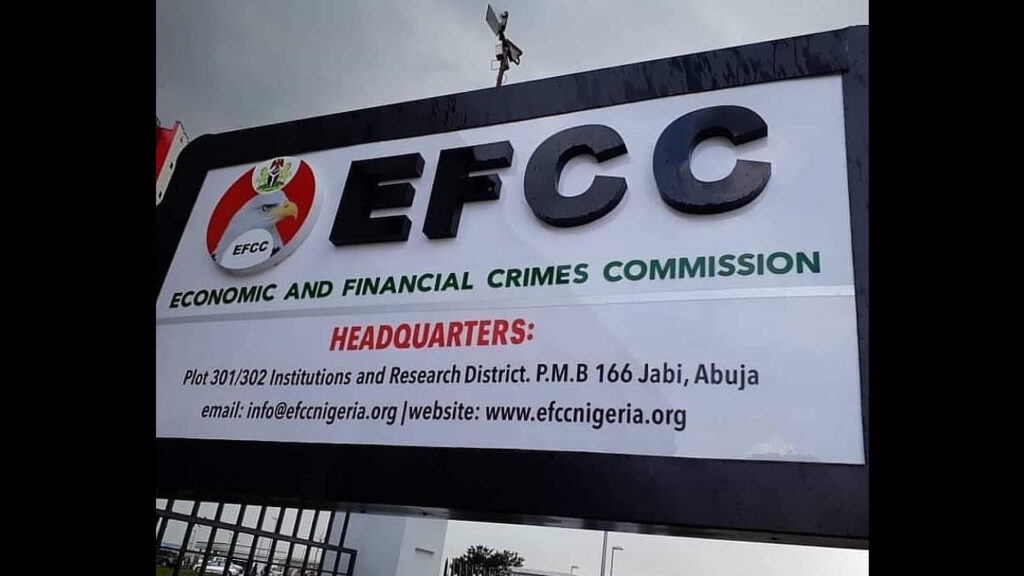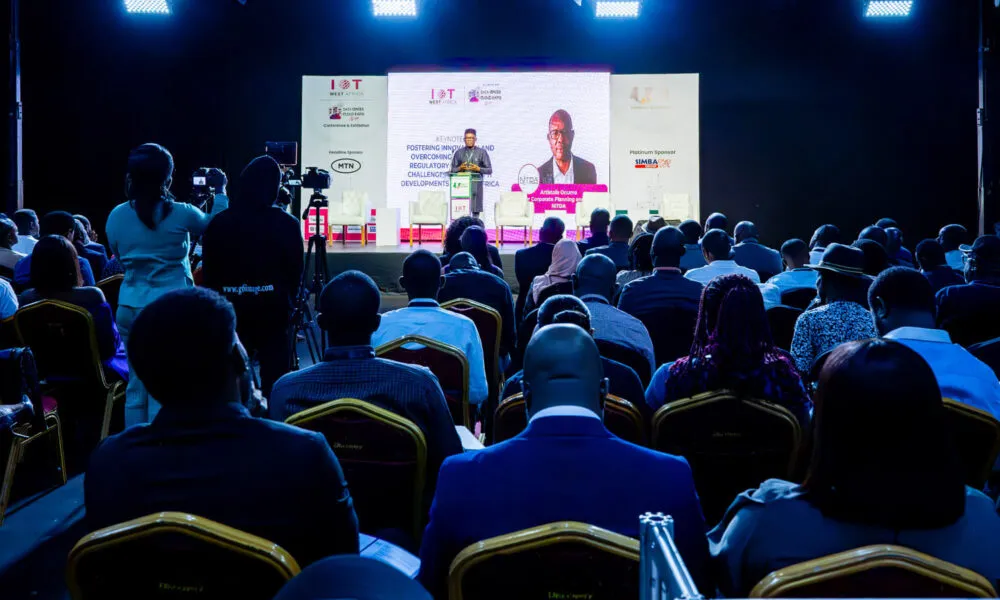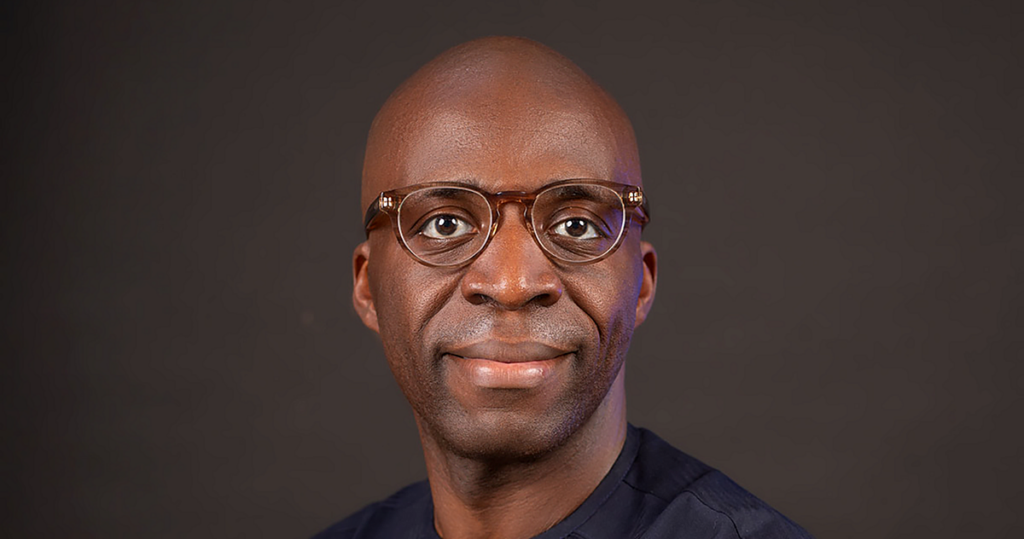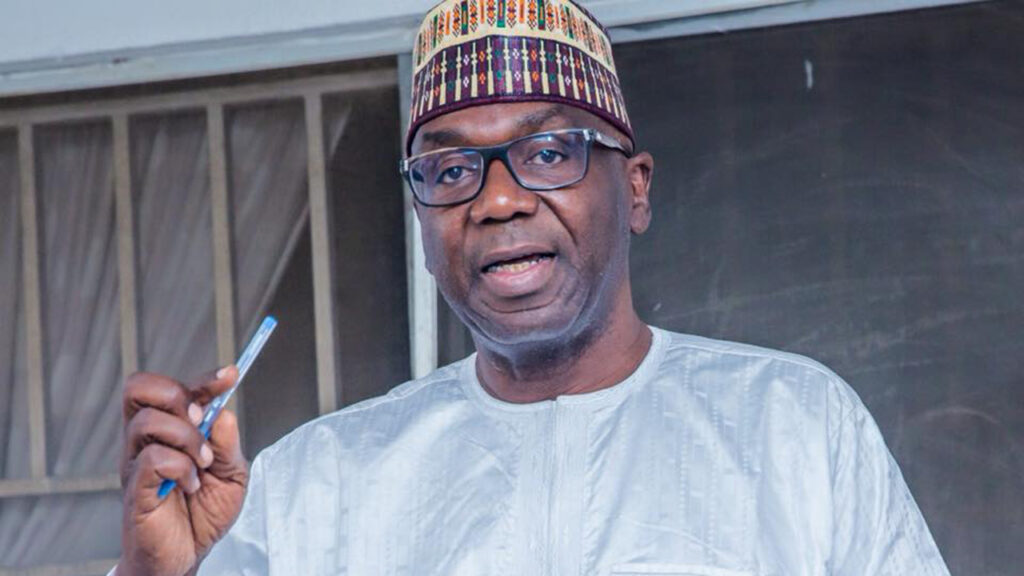PRESIDENT Muhammadu Buhari has directed Nigerian National Petroleum Corporation (NNPC) to review existing agreements for swapping of crude oil for refined products with a view to injecting more honesty and transparency into the process to reduce costs.
Besides, he directed the management of the corporation to work towards achieving transparency and accountability in the running of the oil company for the overall benefits of Nigerians.
Meanwhile, Speaker of the House of Representatives, Yakubu Dogara, has described the perennial fuel shortage in the country as a national embarrassment, but cautioned the President Buhari against removal of fuel subsidy without constituting a price control board in line with the Price Control Act.
Nevertheless, the calls continued yesterday for urgent reform of the operations and composition of the NNPC as well as end to subsidy of petroleum products if Nigeria is to reap the full benefits of its oil and gas resources.
A statement by the Senior Special Assistant on Media and Publicity to the President, Garba Shehu, quoted Buhari as speaking after receiving a briefing from the Ministry of Petroleum Resources, NNPC and other agencies in the oil sector. At the meeting, President Buhari was said to have promised to carefully review all the submissions he had received on the need to remove the subsidies on petroleum products.
As a first step towards injecting transparency, he directed the NNPC to review existing agreements for the swapping of crude oil for refined products.
The President, the statement said, told his guests he had received a lot of submissions on the need to remove the subsidies but that he was still carefully reviewing them. “I have received many literature on the need to remove subsidies. When you touch the price of petroleum products, that has the effect of triggering rise in transport fare, food prices and rents. That is for those who earn salaries, but there are many who are jobless and will be affected by it,” the President noted.
Buhari also said that the lack of security, sabotage, vandalism, corruption and mismanagement, not necessarily subsidies, are the most serious problems of Nigeria’s oil sector. He promised to deal decisively with all identified problems of the oil and gas sector. “We have to go back to the good old days of transparency and accountability,” he said.
The President also asked the NNPC management to do more to improve supply of liquefied petroleum gas (cooking gas).
Dogara spoke while receiving executives of the Independent Petroleum Marketers Association of Nigeria (IPMAN) who visited the parliament in Abuja yesterday.
He explained that the Price Control Act, which provides for the regulation of prices of some consumer products, including petroleum products, is yet to be repealed, noting that for subsidy removal to be effected, there must be a price control board vested with the powers to remove petroleum products from the first schedule of the Act.
According to him, the only way by which petroleum subsidy could be removed is for the parliament to facilitate the amendment or complete repeal of the Petroleum Control Act.
“You talked about bringing this product at no cost to the government, that implies to me the removal of subsidy. Now, I have had this discussion on so many platforms but as a legislature, I can tell you there is something about subsidy removal that we are not looking at. There is a Price Control Act. If you look at the Act, section 4 talks about regulating or controlling the prices of products that are listed in the first schedule of that Act. Among those products listed in the first schedule are petroleum products. So by law in this country, we must control the price of petroleum products.
“But the law as passed by parliament gives a window and prescribes and vests the responsibility of adding up items on the schedule of the giving items to the Price Regulating Board, and I am not sure we have that board in place. So for any discussion then to be meaningful, you have to put pressure on the executive, it is not the legislative work to constitute the board.”
The canvassers for fuel subsidy removal, Governor of Kaduna State, Nasir el-Rufai and former Executive Secretary of Petroleum Equalisation Fund (PEF), Adefunke Kasali, who spoke in Abuja at the Seventh Wole Soyinka Centre lecture series also said the measures would minimise the impact of the current low price of crude oil.
The Kaduna governor stressed that the regime is unsustainable. “The oil subsidy regime has neither grown our people nor guaranteed stability of refined product supplies. What subsidy has achieved is create a huge hole in the budget and a new array of overnight billionaires. The downstream oil business in Nigeria has morphed into one optimised for the pursuit of subsidy payments. “
He submitted that the Turn Around Maintenance (TAM) of the four ailing refineries may not solve the problems.
“We should incentivise competent investors to acquire majority shares and management control in all our refineries and sell to them crude oil at market prices, and remit the proceeds directly into the Federation Account!”
Kasali said spending about N6.5trillion on subsidy between 2006 and 2014 cannot be said to make economic sense.



